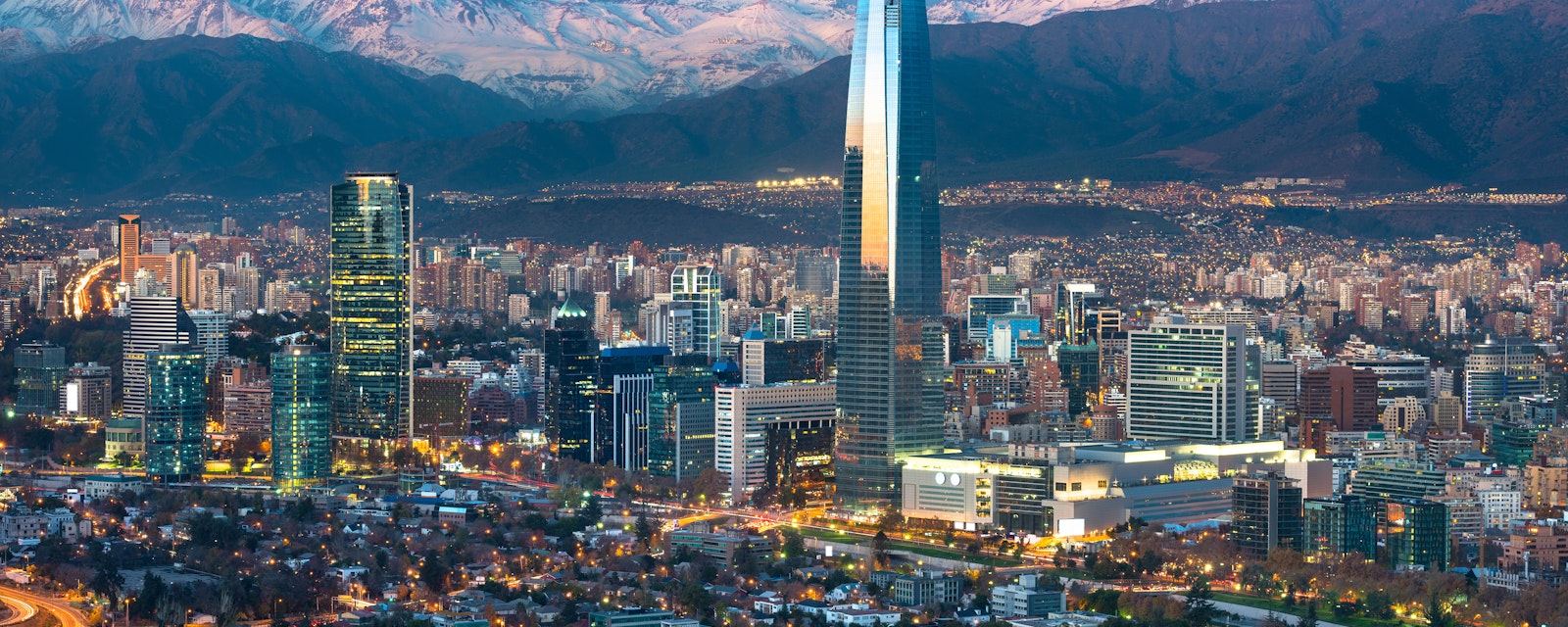This week, Colombia will finally see the shape of the tax reform that will form the bedrock of new President Gustavo Petro’s policy program. In Peru, there has been another chaotic, improvised cabinet reshuffle that exposes a president fast running out of ideas. In Argentina, new Economy Minister Sergio Massa continues to assemble his team under the shadow of Vice-President Cristina Fernandez. In Chile, with under four weeks to go before the referendum to approve or reject a new constitution, the “reject” or “no” vote is ten points ahead.
Colombia
President Gustavo Petro’s flagship tax reform will be unveiled today, 8 August, following his inauguration yesterday. The objective is to eventually reach COP 50tn in revenues (5% of GDP), not annually as was proposed during the campaign but over the course of the four-year term. This is highly ambitious – most recent tax reforms have been far more limited at the outset and even more modest when approved. Petro said yesterday that the reform will not be “confiscatory”. Finance Minister Jose Antonio Ocampo has said that the thrust of the reform will be on higher earners and on eliminating exemptions. VAT is not expected to be altered, though the previous government’s VAT-free days will be discontinued. A tax on sugar-sweetened drinks will be introduced.
Peru
Anibal Torres will be staying on as Prime Minister after President Pedro Castillo declined his resignation late last week. Torres had submitted his resignation on 3 August but Castillo announced two days later that the 79-year old would be staying on as Prime Minister (PCM). Castillo’s volte-face reflects two overlapping factors. First, finding a new PCM was looking like an increasingly difficult task as Castillo’s popularity continues to sink. Secondly, Congress on 5 August refused permission for Castillo to attend Gustavo Petro’s inauguration in Colombia; the vote in favor only reached 42 (out of 130), which is below the threshold required to block impeachment (44 votes). Castillo’s political survival has depended to a large extent on retaining the crucial 44 votes. The vote, the first time that Congress has ever blocked a president from making an overseas trip, reflects concerns that Castillo’s legal and political troubles could lead to a repeat in some form of former president Alberto Fujimori’s infamous resignation by fax from Japan in 2000.
In parallel, Castillo made six changes to his cabinet. Most significantly, Oscar Graham was replaced as Finance Minister by Kurt Burneo, who becomes the third person to occupy the position under Castillo’s presidency. Burneo, who has held positions at the Central Bank (BCR) and was briefly Production Minister in 2011, is seen as more of a heterodox than his predecessor, which raises the possibility that he could have been brought in to turn on the spending taps as Castillo becomes increasingly desperate to rescue his presidency. Comments by the new minister over the weekend will not have allayed any fears arising from his appointment; Burneo was critical of the current course of monetary tightening and said that he would like to “harmonize” monetary and fiscal policy.
Argentina
Economy Minister Sergio Massa should announce who his deputy will be this week. The position is important because Massa is not an economist by training, which makes the need for a technocrat as vice-minister important. Last week, the respected economist Gabriel Rubinstein appeared to be the chosen one but he was quickly dropped – possibly at the behest of Vice-President Cristina Fernandez (CFK) – over his previous criticisms of government policy, President Alberto Fernandez, and CFK herself. In parallel, Massa has replaced CFK loyalists in two key energy-related posts: Flavia Royon will be confirmed as the new Energy Ministry today, 8 August, while Santiago Yanotti will replace the Kirchnerista Federico Basualdo as under-secretary with responsibility for the electricity sector. Basualdo clashed repeatedly with former finance minister Martin Guzman. The appointments suggest that Massa will push ahead with reductions to costly utility subsidies. CFK has presumably relinquished control of these portfolios in an effort to distance herself from political blowback.
Chile
The governing coalition will this week continue efforts to come up with a list of possible reforms to the draft new constitution in an effort to win over undecided voters ahead of the 4 September referendum. The differences between the more left-leaning Apruebo Dignidad group and the centrist parties that make up the Democratic Socialism group remain significant, with the former reluctant to admit that the draft is flawed. According to the latest Cadem poll from last week, the undecided vote stands at 16%, up from 11% just three weeks ago. The “no” vote is ten points ahead of the “yes” vote (47% vs 37%). The same poll highlights the level of public pessimism, which is likely to be undermining the “yes” vote’s chances: 62% think the country is headed in the wrong direction and 86% think the economy is going backwards.
In parallel, President Gabriel Boric will be hoping to halt the constant drip-feed of unforced errors from his ministers, which is harming public confidence in the government and by extension the “yes” campaign. Last week, the secretary-general of the presidency (a factotum minister), Giorgio Jackson, was forced to apologize after remarks suggesting that the administration was morally superior to its predecessors. Jackson also made comments that raised doubts about what would constitute a fair price in cases of expropriation under the new constitution.




